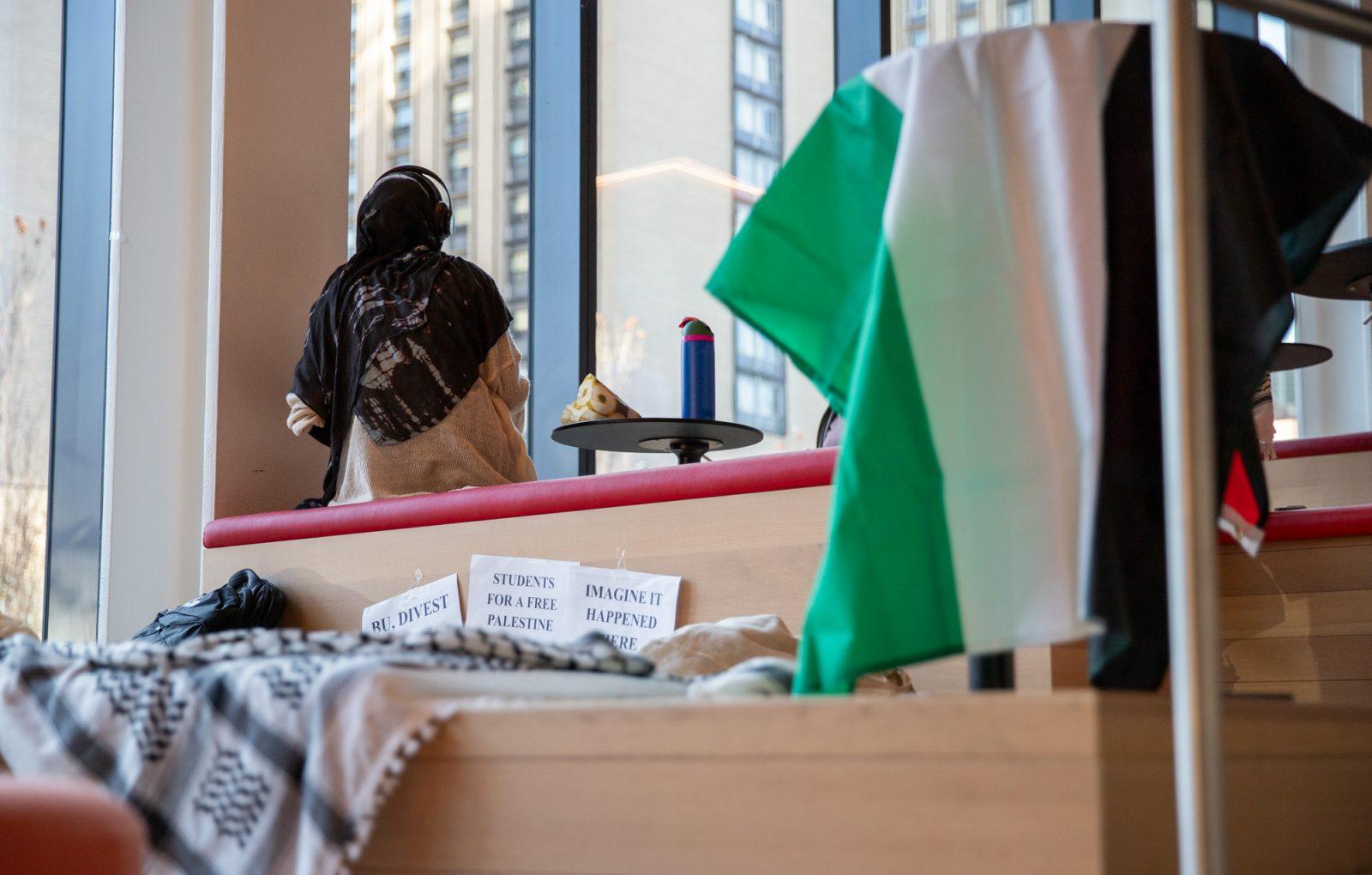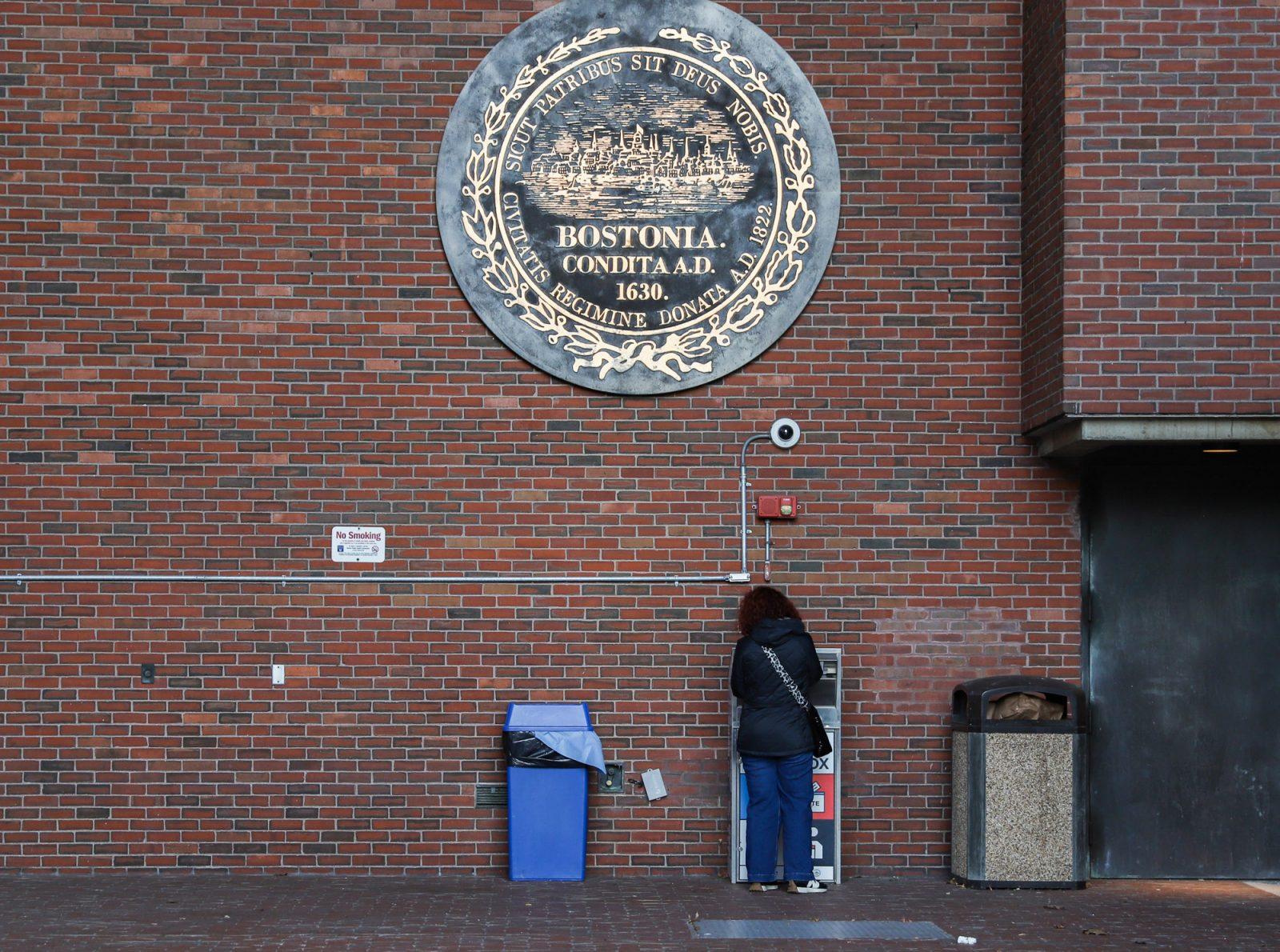
Following an increase in the cost of dining hall plans at Boston University, several students said the plans have decreased in purchasing power, noting the number of meal swipes and dining points has remained the same or similar to last year.
Boston University’s 250 Dining Plan rose to a cost of $5,850 for 2021-2022, up from $5,480 the previous school year, but continued to provide 125 meals per semester. The number of dining points — which can be used like cash at restaurants and convenience stores within BU buildings — did, however, increase from $1,180 per year to $1,260.
BU spokesperson Colin Riley wrote in an email the cost of dining plans had increased “slightly” due to an increase in the cost on the University to provide the same service.
“The meal plan increase of 3.5 percent for the 2021-2022 academic year was necessary to offset price increases in food, supplies, transportation and labor,” he wrote.
Costs incurred due to imposing COVID-19 safety precautions, maintaining food preparation equipment and providing supplies and uniforms, added Riley, also played a role in the price increase.
The BU Dining website states all students who live in an on-campus dormitory-style residence must be on a University dining plan. For the Fall 2021 semester, there are seven to choose from, ranging from unlimited dining hall meal swipes to various combinations of meal swipes and dining points.
Sriram Ganesan, a freshman in the Questrom School of Business, said he thinks choosing the Unlimited Plan was the right decision.
“After every class, I just chill [in the dining hall] for a half an hour and eat some ice cream or some[thing],” he said.
Ganesan said if he was on the 250 Meal Plan instead, 125 swipes would not last him the whole semester.
The BU Dining website notes a student dining on the 250 Plan has about 7-8 dining hall meal swipes per week, but more dining points than any other available plan.
Ayiana Saunders-Newton, a sophomore in the College of Arts and Sciences, is on the 330 Plan and said she often eats at Marciano Commons on Bay State Road.
She said while she probably won’t run out of dining points, the typical freshman may be overspending.
“I think the plan, overall, is fair,” Saunders-Newton said. “Especially based on the fact that we live in a city.”
Yaileen Moscat, a freshman in CAS, is on the 14+ Plan with $540 in dining points per year.
“I can only have 14 meals per week,” Moscat said. “Each time I come in, I get the tally and I can see on my report how many meals I have left.”
She added there should be more resources available for students with schedules that don’t accommodate dining hall times.
“Things should be done for the convenience of the student,” Moscat said. “If things aren’t really accommodating for them to continue their education, they’re going to stop.”
She added she goes home on the weekend to do her grocery shopping, where prices are lower than at the City Convenience stores on BU’s campus.
“I don’t think it’s fair they’re having the students pay for the tuition, pay for health, pay for dental, and also pay for the different resources that should be provided, along with printing,” Moscat said.





















































































































